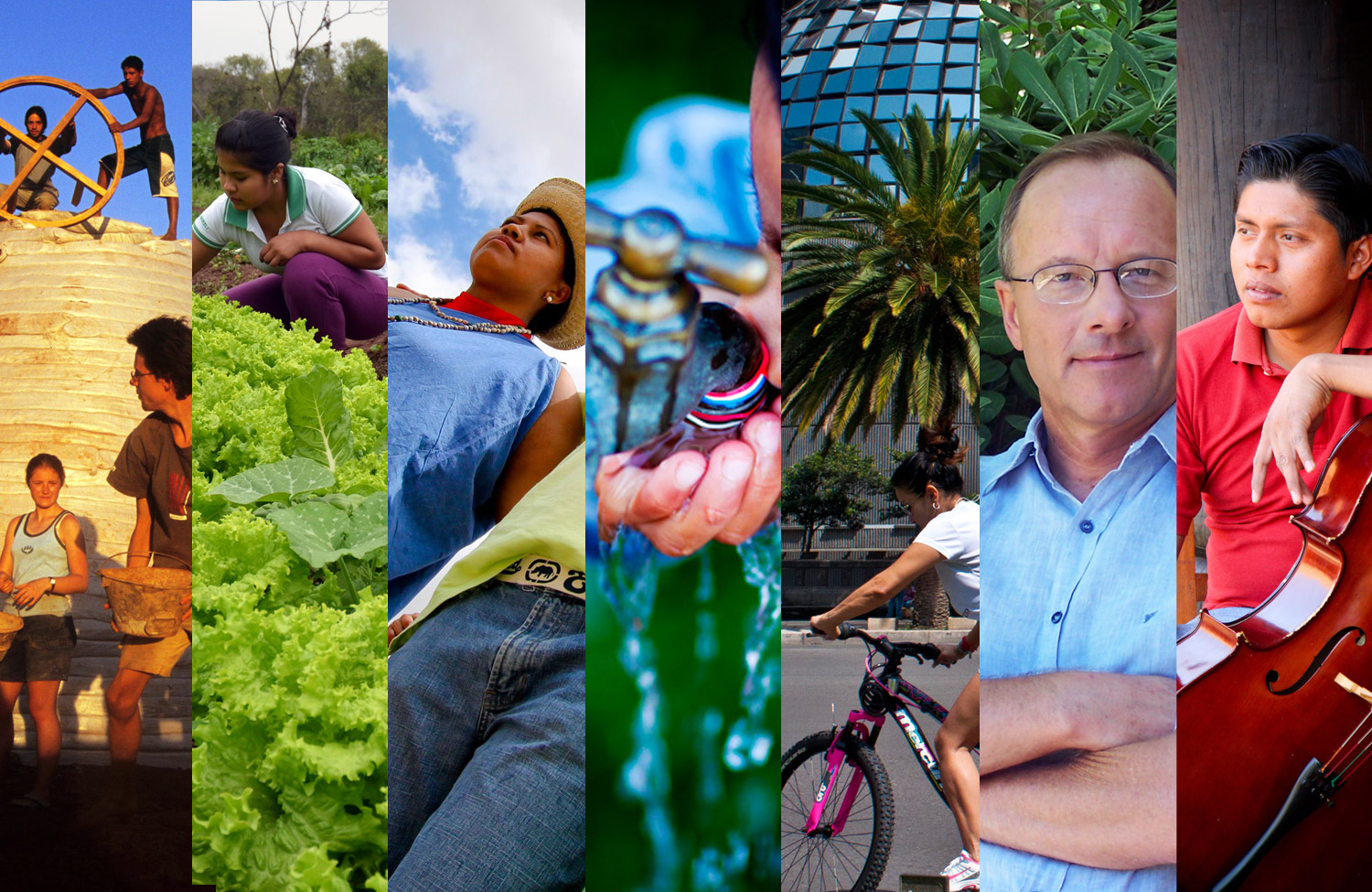Why “The Schmidheiny Story: The Sustainable Truth?”

Stephan Schmidheiny is an entrepreneur and philanthropist whose visionary ideas contributed to the world’s agenda for sustainable development since 1976 when, at 29, he assumed leadership of his family’s company, Swiss Eternit.
A group of organizations, some linked to Stephan Schmidheiny as well as others created by him throughout his career, felt that it was time to create “The Schmidheiny Story: The Sustainable Truth” for those who are interested in his work, as well as to make available information about the trial he is involved in.
The purpose of this public narrative is to put into context the business and philanthropic life of the pioneer in the elimination of use of asbestos in manufacturing, a precursor of risk investment, an innovator in philanthropy and impact investment, and the motivation behind our organizations.
